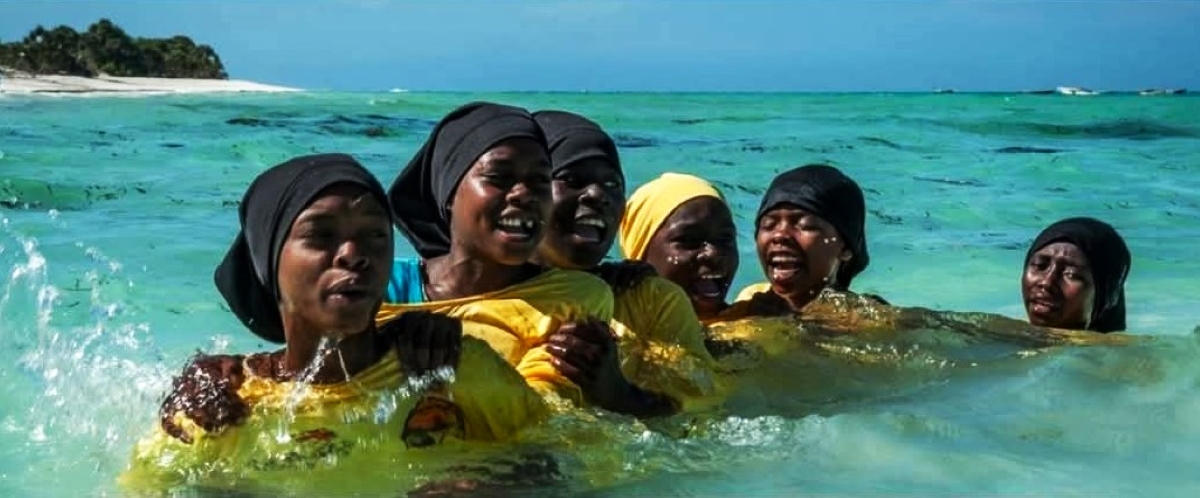There are skeptics who frown as the Panje swimming project wades in Zanzibar.
In the Zanzibar Archipelago, comprising Unguja and Pemba, water surrounds the islands.
But despite living closer to the Indian Ocean, many women in the Isles have never had the opportunity to learn how to swim due to deep-rooted cultural restrictions.
For generations, patriarchal norms have prevented them from acquiring this essential skill, leaving them vulnerable in a region where fishing and maritime activities are a way of life.
However, a certain Non-Government Organization is now claiming to be working to change this by training female instructors to teach local women how to swim.
Zanzibari ladies are being empowered with diving skills as well as attaining confidence and safety while wading the Indian Ocean waters.

This initiative, according to the NGO, is not just about learning to swim; it is about breaking barriers, fostering independence, and challenging societal norms that have long limited women’s freedoms.
But the majority of residents in the Isles are not quite sure if this is a good idea. Many fear that it will erode their strictly preserved culture and dignity.
Documentary photographer Anna Boyiazis has been capturing photos of what is being described as ‘inspiring transformation in Finding Freedom in the Water,’ they are labelled as a powerful visual series that sheds light on the courage and resilience of Zanzibari women as they reclaim their right to be in the water.
Her work, which is becoming viral across Tanzania and around the world, beautifully documents the emotional and cultural significance of this initiative, showcasing the determination of both instructors and learners.
This moving series, which highlights the intersection of gender, culture, and empowerment, has been nominated for the prestigious World Press Photo Award, bringing global attention to this remarkable story of change.
Changes in Zanzibar, especially where women’s positions are concerned, have been happening gradually.
At the moment, young girls in the isles are also being allowed to work as tour guides, directing foreign visitors around the Unguja stone town’s sites.

